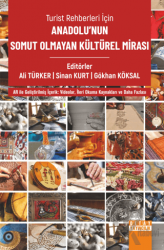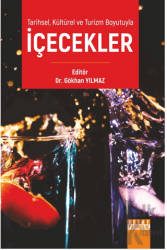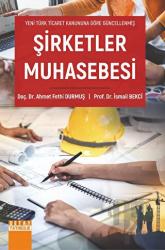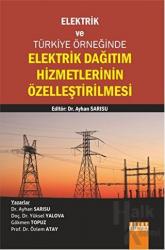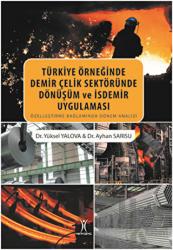Human Smart Cıtıes Theories, Practices, Case Studies For İntelligent Cities Today
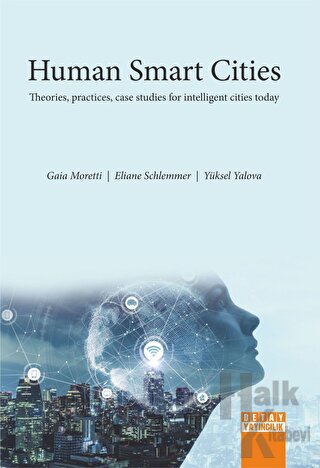
Most of the cities in the world are not smart. Moreover, they are unsustainable. The (in) sustainability of cities often comes from an economic organization where the production surplus is linked to a consumption surplus, with the consequent consumption of resources for the maintenance of an economic system based on surplus. The contemporary city, currently impacted by high levels of pollution and imbalance between natural and built environment, should be understood as the scenario where social life has a part. A direct relationship is recognized as well as an imbalance between economic factors, social organization, urban spaces and natural environment. The UN Agenda 2030 for Sustainable Development - with emphasis on its eleventh objective "Making Cities and Human Settlements Inclusive, Safe, Resilient and Sustainable” – represents a very ambitious objective to be reached. The 2011 ABB-Ambrosetti report on Smart Cities has defined smartness as an human-centered and dynamic concept, where education has a central role. Culture and city are dynamic systems, and they evolve as long as they live; therefore, citizens has lo learn how to evolve with their city, building their dynamic identity in a complex way and time. The smart city, in this perspective, is an ideal environment for education and for citizens’ growth, being at the same time the result of education and training processes.
- Açıklama
Most of the cities in the world are not smart. Moreover, they are unsustainable. The (in) sustainability of cities often comes from an economic organization where the production surplus is linked to a consumption surplus, with the consequent consumption of resources for the maintenance of an economic system based on surplus. The contemporary city, currently impacted by high levels of pollution and imbalance between natural and built environment, should be understood as the scenario where social life has a part. A direct relationship is recognized as well as an imbalance between economic factors, social organization, urban spaces and natural environment. The UN Agenda 2030 for Sustainable Development - with emphasis on its eleventh objective "Making Cities and Human Settlements Inclusive, Safe, Resilient and Sustainable” – represents a very ambitious objective to be reached. The 2011 ABB-Ambrosetti report on Smart Cities has defined smartness as an human-centered and dynamic concept, where education has a central role. Culture and city are dynamic systems, and they evolve as long as they live; therefore, citizens has lo learn how to evolve with their city, building their dynamic identity in a complex way and time. The smart city, in this perspective, is an ideal environment for education and for citizens’ growth, being at the same time the result of education and training processes.
- Taksit Seçenekleri
- Axess KartlarTaksit SayısıTaksit tutarıGenel ToplamTek Çekim57,0057,00229,6459,28320,1460,42610,2661,5696,9762,70Finansbank KartlarıTaksit SayısıTaksit tutarıGenel ToplamTek Çekim57,0057,00229,6459,28320,1460,42610,2661,5696,9762,70Bonus KartlarTaksit SayısıTaksit tutarıGenel ToplamTek Çekim57,0057,00229,6459,28320,1460,42610,2661,5696,9762,70Paraf KartlarTaksit SayısıTaksit tutarıGenel ToplamTek Çekim57,0057,00229,6459,28320,1460,42610,2661,5696,9762,70Maximum KartlarTaksit SayısıTaksit tutarıGenel ToplamTek Çekim57,0057,00229,6459,28320,1460,42610,2661,5696,9762,70World KartlarTaksit SayısıTaksit tutarıGenel ToplamTek Çekim57,0057,00229,6459,28320,1460,42610,2661,5696,9762,70Diğer KartlarTaksit SayısıTaksit tutarıGenel ToplamTek Çekim57,0057,002--3--6--9--
- Yorumlar
- Yorum yazBu kitabı henüz kimse eleştirmemiş.
- Yayınevinin Diğer Kitapları
- Yazarın Diğer Kitapları






